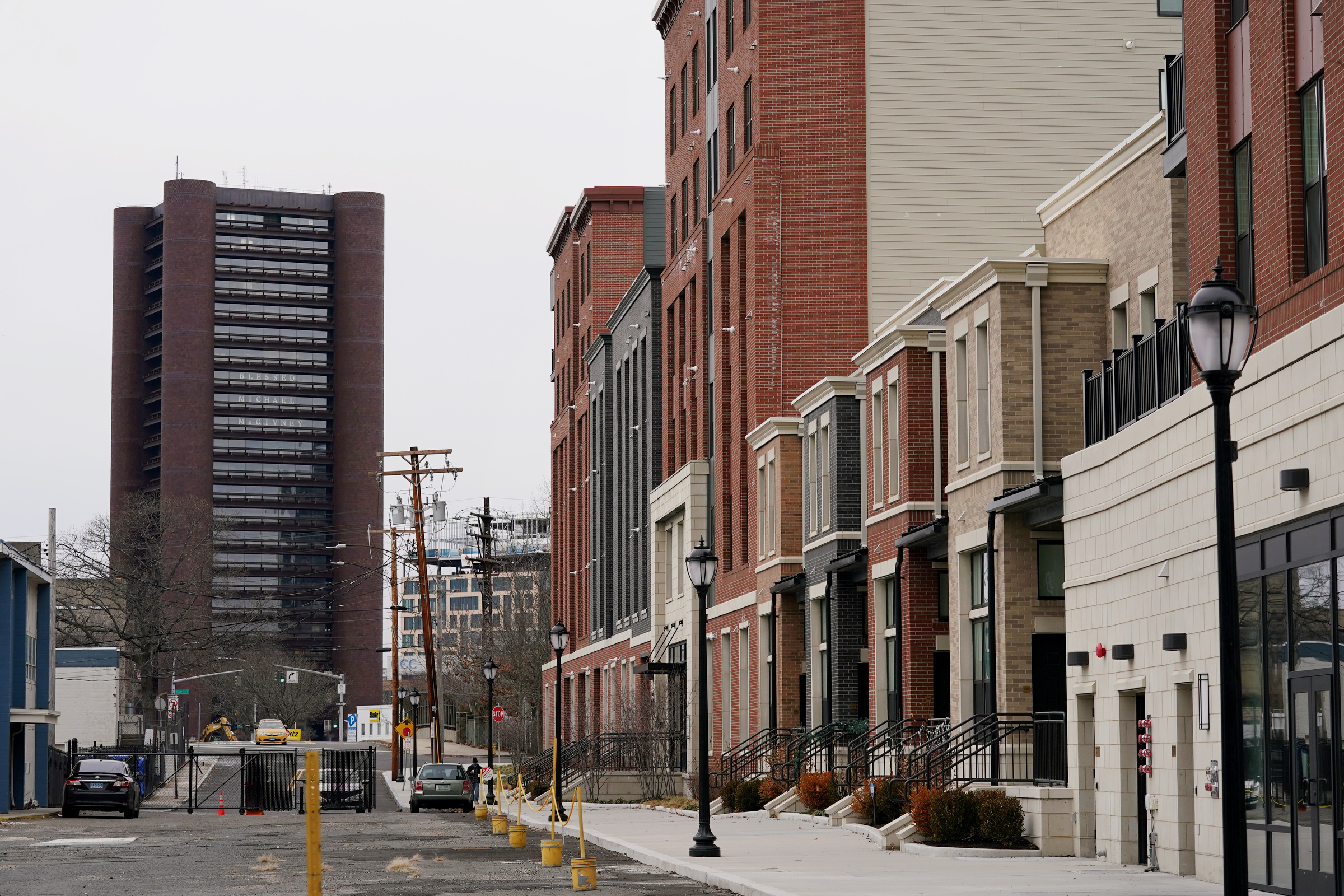54 percent of juniors, seniors to live on campus in 2025-26 year
The housing process has concluded for the 2025-26 academic year.

Tim Tai, Senior Photographer
The housing draw for the 2025-26 academic school term has now concluded. According to Ferentz Lafargue, associate dean of residential college life, over 3,340 students — around 54 percent of whom are rising juniors and seniors — have signed room contracts, obliging them to stay on campus, with 1,583 students elected to live off-campus next academic year.
He added that the housing process will now shift to assigning rooms for incoming transfer students, as well as undergraduates who’s off-campus housing plans have not materialized and wish to live on-campus.
“The major change I’ve seen in how we approach life in the residential college was in response to COVID,” wrote Catherine Panter-Brick, head of Morse College. “Covid restrictions have now lifted, so we’re back on track with residential college life.”
Panter-Brick currently serves as the chair of the Council of Heads of Colleges, which was recently instructed by Dean of Yale College Pericles Lewis to review the residential college system, coinciding with an increasing number of students living off-campus in recent years.
Senior Associate Dean of Strategic Initiatives and Communications at Yale College Paul McKinley echoed these remarks, emphasizing the pandemic’s impact. He noted that the construction of Benjamin Franklin and Pauli Murray changed the campus’ “center of gravity,” while the Schwarzman Center had offered new programming outside of the colleges.
He noted that one of the main reasons students tend to live off-campus is due to a desire for increased control over meal options and flexibility in terms of timing.
“What’s going to be interesting to see is if these new dining hall offerings will have an effect,” said McKinly, referring to the recently extended dining hall hours. “That’s a big deal for students, particularly students who have obligations that go late into the afternoon.”
Gabriella Cohen ’27 did not consider living off-campus when she first arrived at Yale. However, after spending the summer in New Haven, she found that she enjoyed the experience and the sense of agency that came with it.
She noted that the residential college system could feel “constraining” for undergraduates whose friends are in different colleges, emphasizing that this situation was one of her main motivations in deciding to move off-campus.
“We all had many conversations about wanting to have the opportunity to turn off, or not exist within, this meal grabbing culture,” she said. “There’s so many great things that the Yale community comes with. But also, I think at a certain point it can become taxing.”
For Cohen, the housing process initially seemed difficult to navigate. She told the News that she often felt misinformed, noting that the information and available resources regarding off-campus housing opportunities was not centralized.
She had expected that living off-campus would be more expensive. However, Cohen said that the decision could be “incredibly money-saving” for students and that she would appreciate increased transparency from the administration about the finances of housing.
“I think getting to experience waking up on a new side of campus is exciting,” said Scarlett Pinkey ’26. “It feels kind of like a stepping stone before I end college to have my first apartment. So I’m really excited for that.”
Pinkey plans to live with friends off-campus during her senior year. Similarly to Cohen, she was motivated to move after a group of her friends decided to live on the same block, although in multiple houses.
According to Pinkey, she considered moving off-campus during her junior year. However, she said that the financial risk and the uncertainty associated with the change had dissuaded her from leaving Murray last year.
Yale College has 14 residential colleges.







